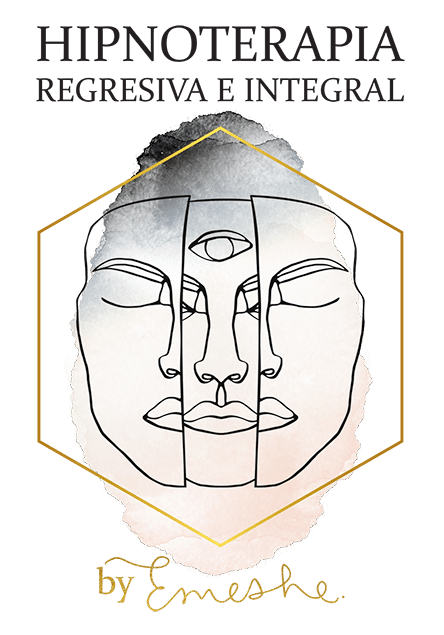The farmer and the horse

Once upon a time there was a Chinese farmer whose horse ran away. That evening, all of his neighbors came around to commiserate. They said, “We are so sorry to hear your horse has run away. This is most unfortunate.”
The farmer said, “Maybe.”
The next day the horse came back bringing seven wild horses with it, and in the evening, everybody came back and said, “Oh, isn’t that lucky. What a great turn of events. You now have eight horses!”
The farmer again said, “Maybe.”
The following day his son tried to break one of the horses, and while riding it, he was thrown and broke his leg. The neighbors then said, “Oh dear, that’s too bad,” and the farmer responded, “Maybe.”
The next day the conscription officers came around to conscript people into the army, and they rejected his son because he had a broken leg. Again, all the neighbors came around and said, “Isn’t that great!”
Again, he said, “Maybe.”
The whole process of nature is an integrated process of immense complexity, and it’s really impossible to tell whether anything that happens in it is good or bad — because you never know what the consequence of the misfortune will be; or, you never know what the consequences of good fortune will be.
What is good arises with the bad. What is bad arises with the good. There is no in without an out, no up without a down, and no black without a white.
Each depends on its opposite to be and not be. Flowing from extreme to extreme, from nuance to nuance, every element reflects every other element in an infinite web of connections.
Cultivating Your ”maybe” Mindset
The Paradox of Change says that the only constant in life is change. Entropy is reality. The world is in a continuous state of change. It’s the one thing you can always count on—the only constant.
The parable of the Farmer and the Horse teaches us to embrace chaos, to be dynamic, to flow with it, and to avoid judging it.
Life is a changing process with no definite end.
Dispel the Narratives
Humans are storytelling creatures.
Our stories allowed our cultures to develop and thrive and for knowledge to be disseminated across generations. We have a deep, natural desire to apply a story to help explain the unexplainable.
This parable only reached us because of our storytelling tendencies—but it also teaches us the dangers of such storytelling.
We need to learn to separate the story from the reality. To separate the narrative from the facts.
The villagers attempt to place judgement on each reality—whether something is “good” or “bad”—by applying a story.
The farmer separates story from reality. He allows the space for the events to just exist, to be neither good nor bad—to just be.
This is mindfulness!
To separate story from reality, to allow events to simply flow with us (and past us) as they are, not as we want them to be.
Events will happen. People will judge those events as right or wrong, good or bad, moral or immoral, true or false, black or white, big or small. It is easy to make judgments about what happens.
They will separate the whole into an innumerable number of parts. Then they will become attached to some of those parts while they resist other parts.
They will make interpretations about what they experience and believe those interpretations are the same as reality.
The lesson
The events of our lives needn’t be judged. It’s impossible to know whether such judgements will prove accurate with the benefit of hindsight, so the wisest among us allow events to exist without applying a narrative layer.
Those wise ones are not attached to their own ideas of good and bad, right and wrong, ugly and beautiful. They will watch what changes without judgment, open to what may come.
They are not attached to absolute answers. Rather than trying to get something or become someone, they live in the mystery of life.
Time is precious to them. They are grateful for each passing moment. They flow with what is happening, not forming too many expectations.
They do not hide from their fear, anxiety, anger, or uncertainty. They acknowledge their feelings and then let them go.
They aren’t stuck in their stories.
Everything that is, and everything that is not, is already where it needs to be.
